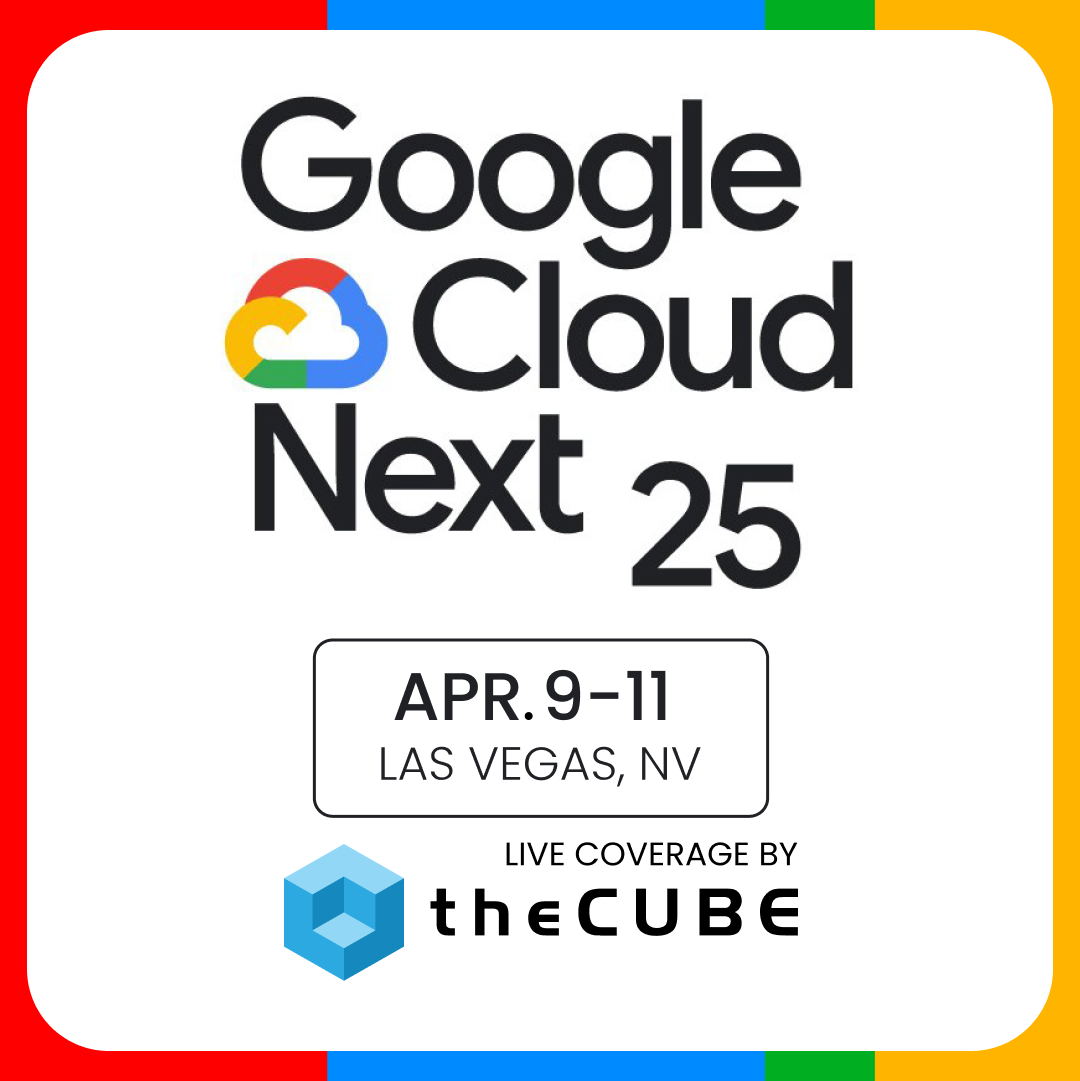How Google-Verizon Net Neutrality Blow Could Affect Cloud Enterprise
![]() Update: Google has released a statement denying a deal with Verizon, or any other telecom for that matter. The company says it remains a supporter of net neutrality, according to The Guardian.
Update: Google has released a statement denying a deal with Verizon, or any other telecom for that matter. The company says it remains a supporter of net neutrality, according to The Guardian.
Net neutrality faces yet another compromise, this time by way of a deal between Google and Verizon. The two companies have reportedly entered into discussions regarding a partnership for purchasing preferred data delivery.
It means that Google-owned YouTube could pay for premium placement on Verizon networks, encouraging consumers to view content from a portal that’s got speed built into it. I’d love to circumvent slow-rendering clips as much as the next person, but the deal also means I may soon have to pay more for the privilege.
For consumers and businesses alike, the deal could introduce a cable-like approach to data pricing. You want the premium services? Just pay more. As businesses could one day be required to pay up, there could be a trickle-down effect that eventually affects end users. For Google and Verizon (and other large networks), it could be a new revenue opportunity with built-in advertising channels.
Applying a tiered content delivery method to the Internet is very much a carry-over from current media magnates. As mainstream media finds its way into consumers’ lives by way of web-connected devices, the growing marketplace of content will naturally develop a structured and well-branded interface. All the media types that are looking to monetize web content delivery will also be looking to monetize as many aspects of the process as possible.
John Furrier weighs in on this carry-over, noting the cloud’s impact and consequences should the Google-Verizon deal take place:
“The issue here is policy-based access; a notion normally used for network traffic, now applied to content and applications. This will change the game on service levels for cloud and other composite services, etc.
For example, if a user wants video access to their PC, mobile device, and/or set top box, the service provider can invoke special services to differentiate those paid services on behalf of the user (who pays for the rights). It might actually be a compromise on net neutrality. However, it’s a slippery slope in that companies lacking the financial positioning to offer money to the service providers might be handicapped by the big companies who do have money. Moreover, emerging companies without established revenue models (i.e. Twitter and many new internet companies) might be foreclosed in new markets.”
![]() Not only would the Google-Verizon deal create built-in marketing streams, but it would price out many services that currently turn to the cloud and wireless delivery methods for the purpose of growing their businesses.
Not only would the Google-Verizon deal create built-in marketing streams, but it would price out many services that currently turn to the cloud and wireless delivery methods for the purpose of growing their businesses.
But if you’re Google or Verizon, the deal looks pretty sweet. Not only is Google gearing up for a broader media launch through Google TV and other initiatives, but the two have seen joint success servicing Android devices. John goes on to say,
“This deal would be good for Google who is trying to leverage their cloud scale and technology to provide intelligence of their big data centers to the edge of the network a noble and important trend. However it might be a bit early given the emphasis on business model innovation over technology innovation – as noted always a slippery slope.”
In today’s market, technology disruption often precedes business model innovation, so this seems to me like a bad deal for the upstart.
A message from John Furrier, co-founder of SiliconANGLE:
Your vote of support is important to us and it helps us keep the content FREE.
One click below supports our mission to provide free, deep, and relevant content.
Join our community on YouTube
Join the community that includes more than 15,000 #CubeAlumni experts, including Amazon.com CEO Andy Jassy, Dell Technologies founder and CEO Michael Dell, Intel CEO Pat Gelsinger, and many more luminaries and experts.
THANK YOU















